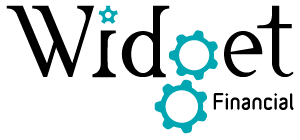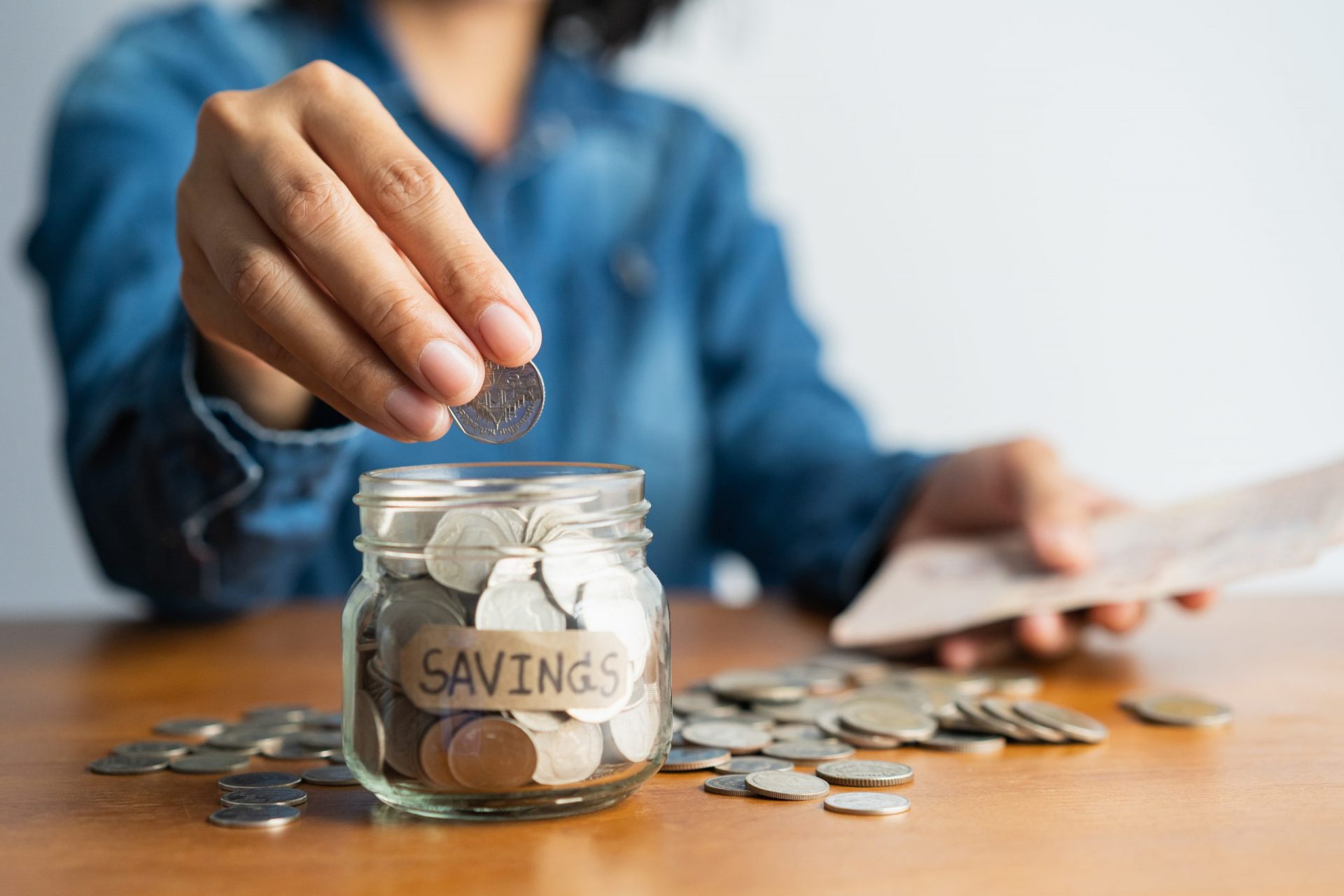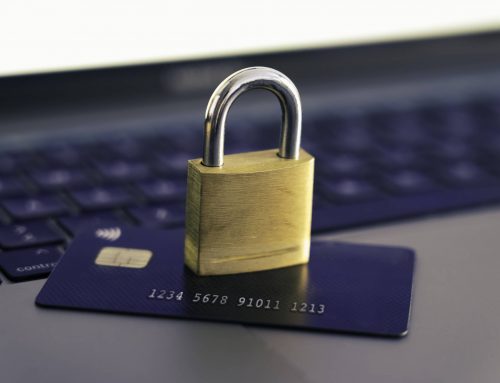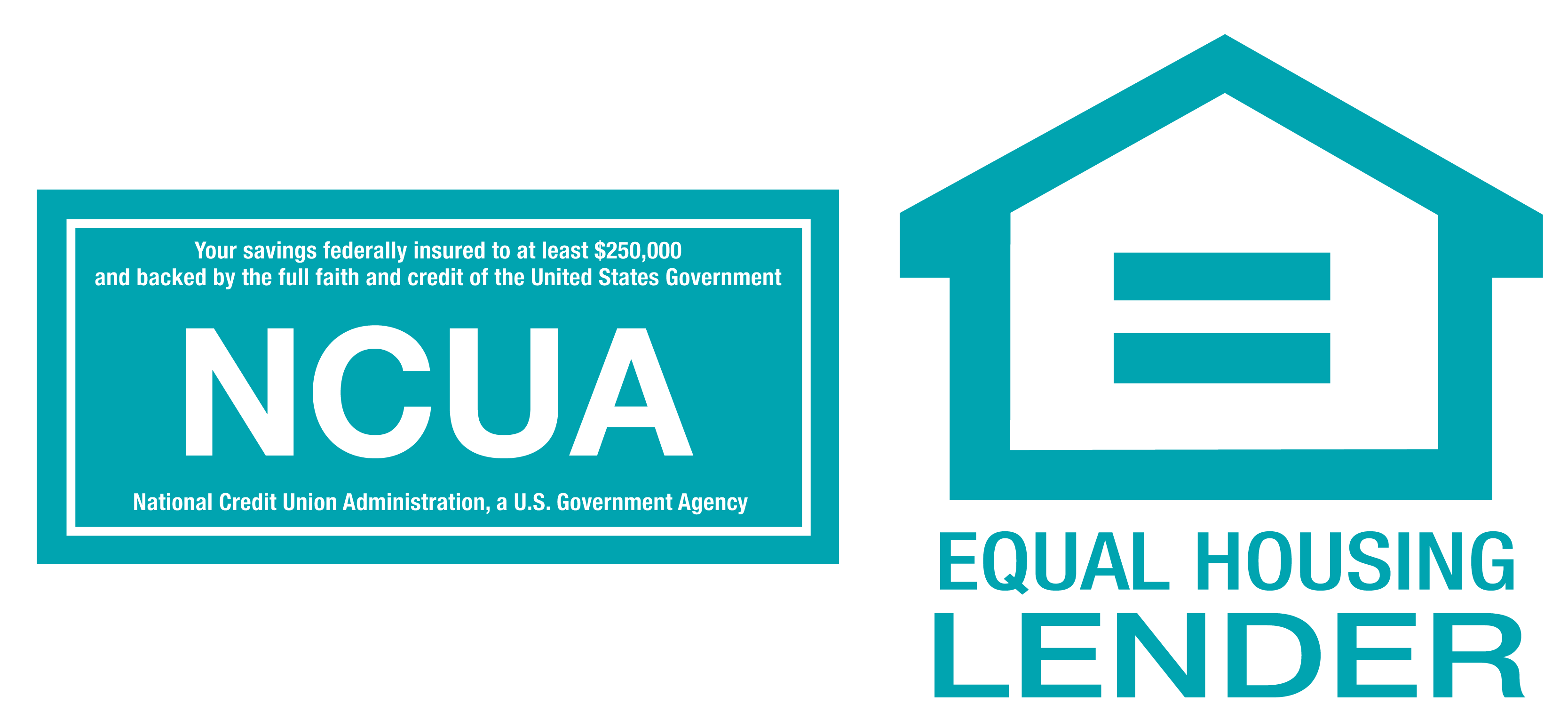For many credit union members, a savings account is a formality. They know, in theory, that saving is important. Maybe they got a bonus at work and stuck $50 in a savings account. Other savings options that come with higher rates, such as IRAs or 401(k) accounts, took priority and that initial deposit was quickly forgotten.
Tax-advantaged retirement accounts are fantastic, but it’s unlikely that retirement is your only savings goal. When it comes time to put a down payment on a house, buy your next car or plan an exciting vacation, the money in those retirement accounts will be locked up tight. There’s no way to get to it without taking on massive penalties and paying a lot in taxes.
If you want your money to be there when you need it, no matter when “it” is, now might be the time to take another look at the humble savings account. Even if it’s not your primary savings vehicle, a savings account can offer tremendous benefits. Let’s look at some ways to get the most out of it!
- Dividend rate isn’t the only consideration
Many experts shun savings accounts, citing low interest/dividend rates as their chief concern. If you’re looking to maximize your returns, putting all your money in a savings account isn’t the smartest plan. It’s unlikely that your financial plans call for maximizing returns on all your investments, though. While it’s true that higher return investments do exist, savings accounts offer unique benefits.
First, savings accounts are NCUA insured up to $250,000. If something unthinkable happens, you’re promised to be reimbursed for your losses. That’s quite a lot of security for your hard-earned cash.
Another benefit of savings accounts is their liquidity. If you need the money in your savings account tomorrow, you could get it. You can withdraw cash in person, at a branch or from an ATM. You also have access by using our online banking or mobile banking to transfer funds to another account to make payments on a loan. You can also transfer funds to your checking account to conveniently use your debit card without worries of overdrafting.
- Automate, automate, automate!
You know that exhausted feeling you get after you’ve been shopping? It never seems fair. Sure, there was some walking involved in your day, but the total amount of physical activity was fairly limited. All you did was make a ton of decisions.
That feeling has a name. It’s called decision fatigue. Making a commitment to something takes willpower and energy, and you’ve only got so much in your tank; waiting until the end of the month to decide what to do with your household surplus can encourage splurging. Thinking about sensible decisions takes willpower, and you’ve already used your allotment for the month.
That’s why it’s great to know your savings account can be automated. You can set up automatic transfers between your draft account and your savings account or even make it part of your employer direct deposit. Make that decision once and then never have to think about it again. You can save your willpower for more important decisions, and let your cash reserve grow.
- You need an emergency fund
Even if you have a high-paying job, you’ve only got as much security as the economy allows. Your company could succumb to competition. Your job could be eliminated. You or a loved one could get sick, requiring you to leave your job or cut back to fewer hours.
Other emergencies could happen. Your car could break down. You could face a big medical bill or fall victim to a scam. What would you do to cover your costs in these situations?
Situations like these are among the leading causes of bankruptcy. People find themselves forced to rely on credit to get through such circumstances. With no way to repay those charges, people are stuck in a constant cycle of debt repayment that ruins financial plans for years.
The best way to avoid this calamity is with a strong emergency fund. How much should you have saved? Most experts agree that 6 months of living expenses is a good target, though that number may need to be higher if you work in an industry with a tight labor market. What’s a living expense? Count anything that you couldn’t cut if you absolutely had to do so; for example, your housing, utilities, insurance, debt maintenance and food. Don’t include luxuries like dinners out or monthly subscription costs that you could stop paying if money got tight.
It’s important to keep that emergency fund accessible. If it’s in a brokerage account, you risk needing to access that money when the market is down. A savings account provides the security and flexibility that you need for your rainy day fund.
- Keep your funds separate
If you already have an emergency fund, you may have some other savings goals. Suppose you plan to start a business, but need start-up funding to do so. You might want to put away money gradually over time to make your dreams a reality.
If you keep that money in your draft account with the rest of your funds, there can be a real temptation to spend it. Resisting that urge depletes some of that willpower, which makes it easier to make impulsive choices in other areas. Instead of relying on your self-control to keep those savings safe, you can build separate accounts for each specific savings goal. This will let you track your progress while also keeping the money safe from an Amazon splurge.







